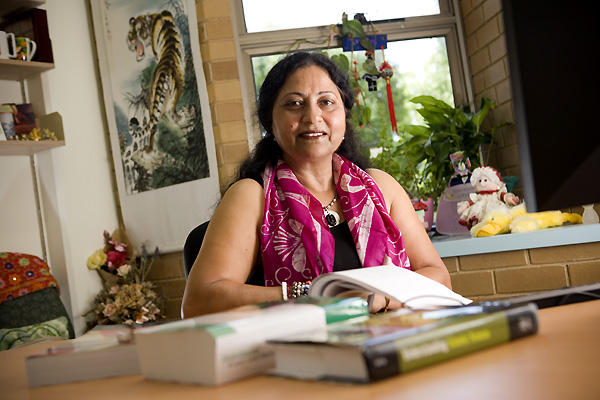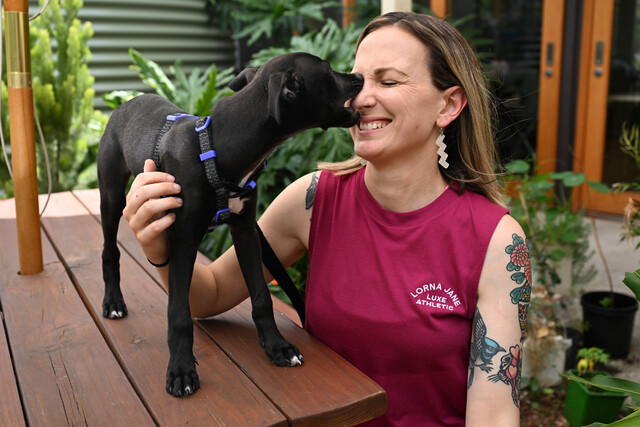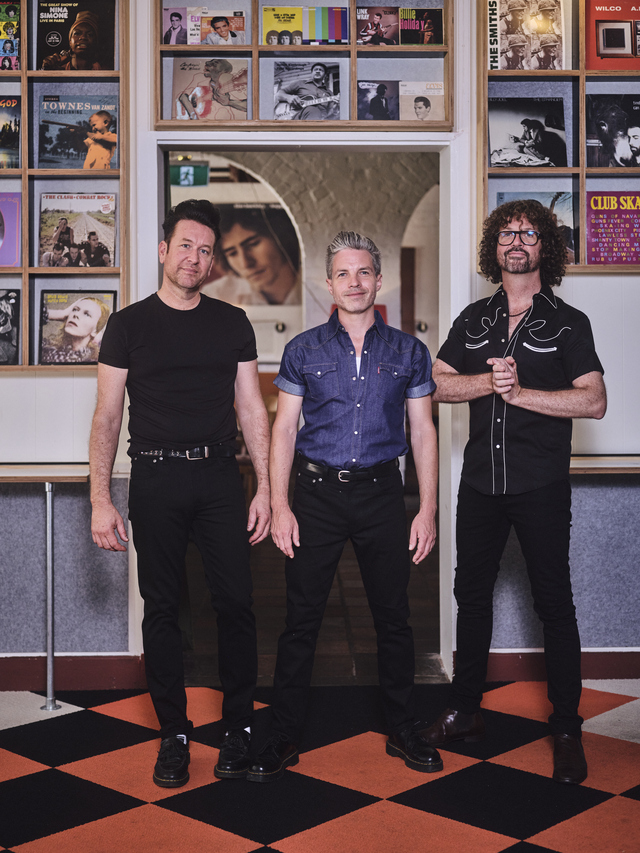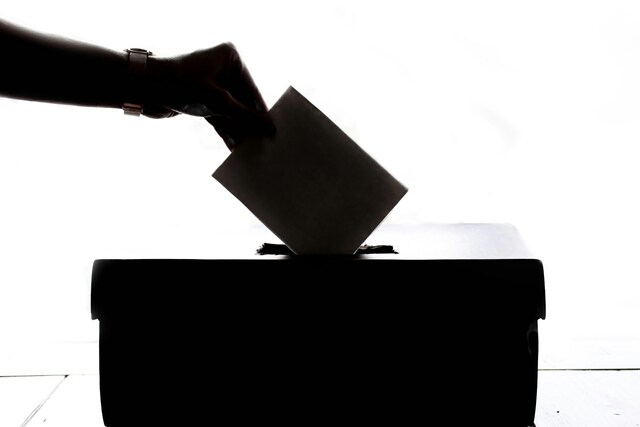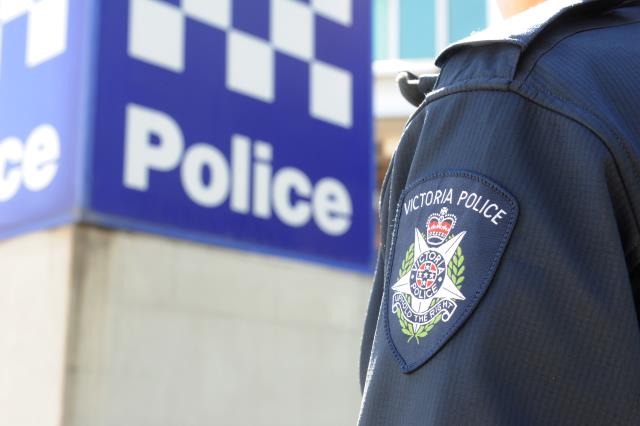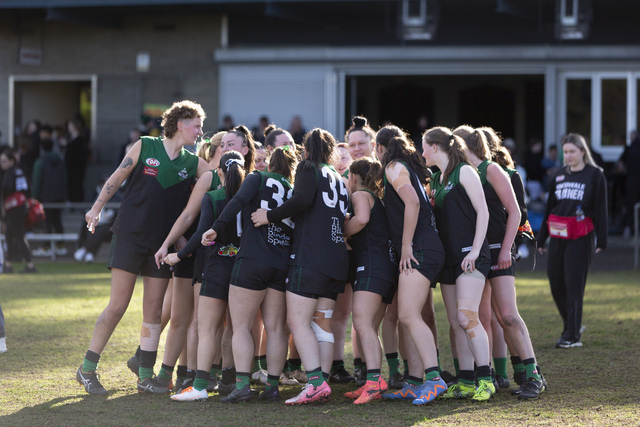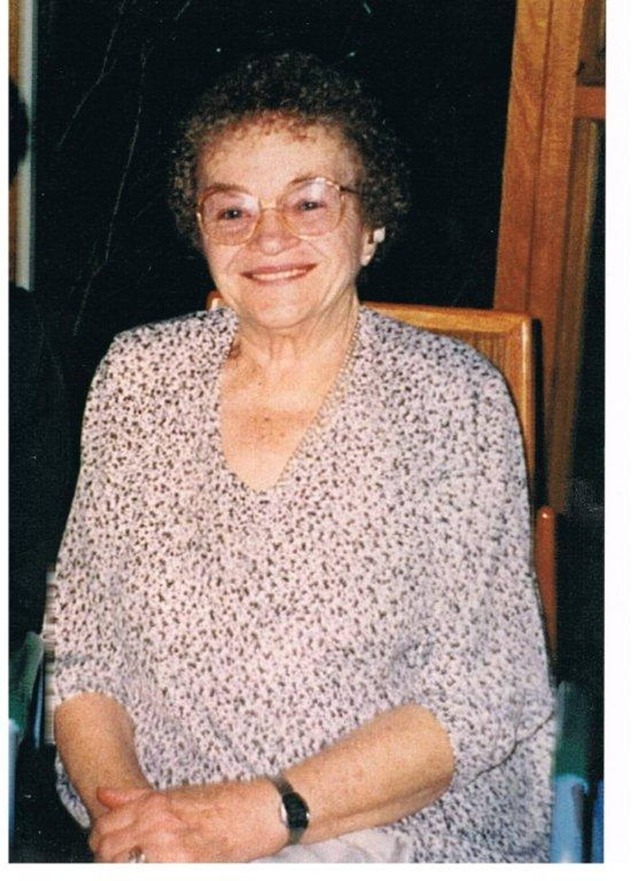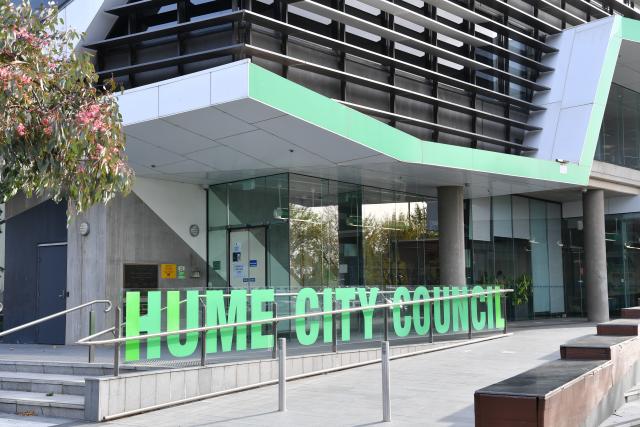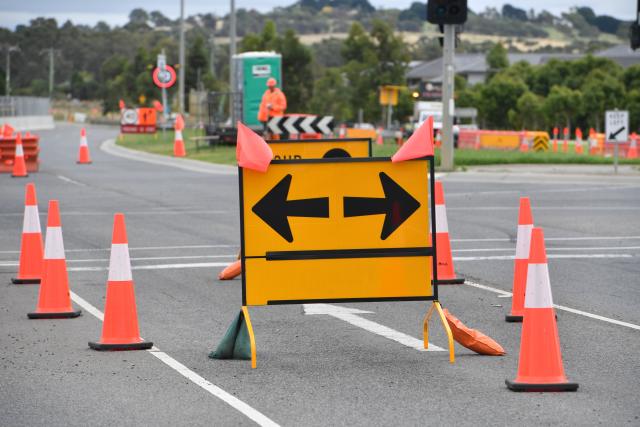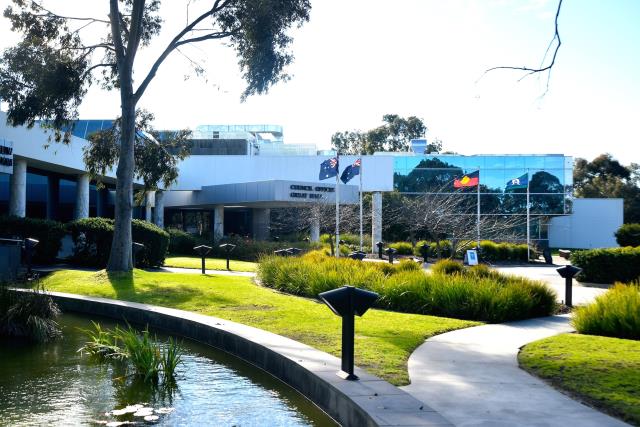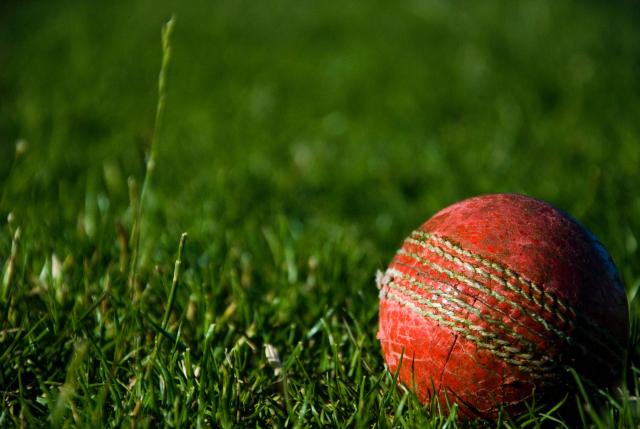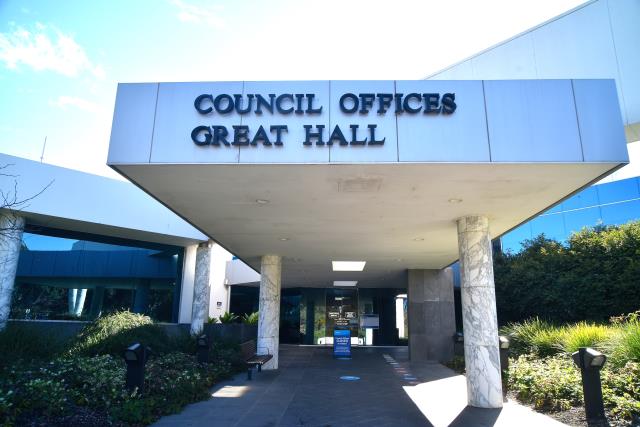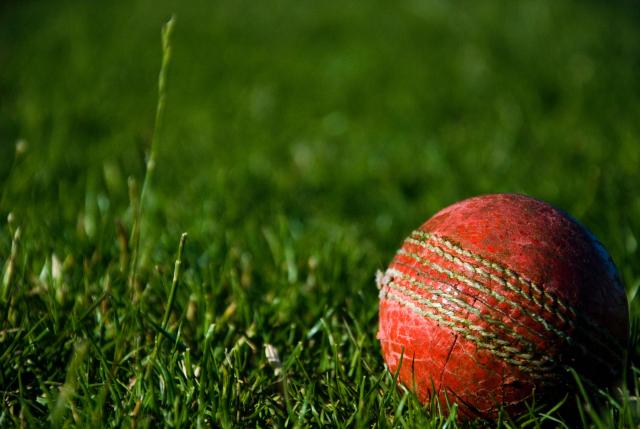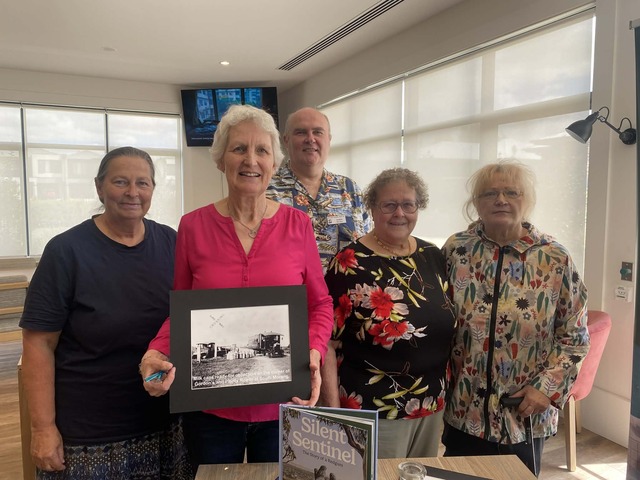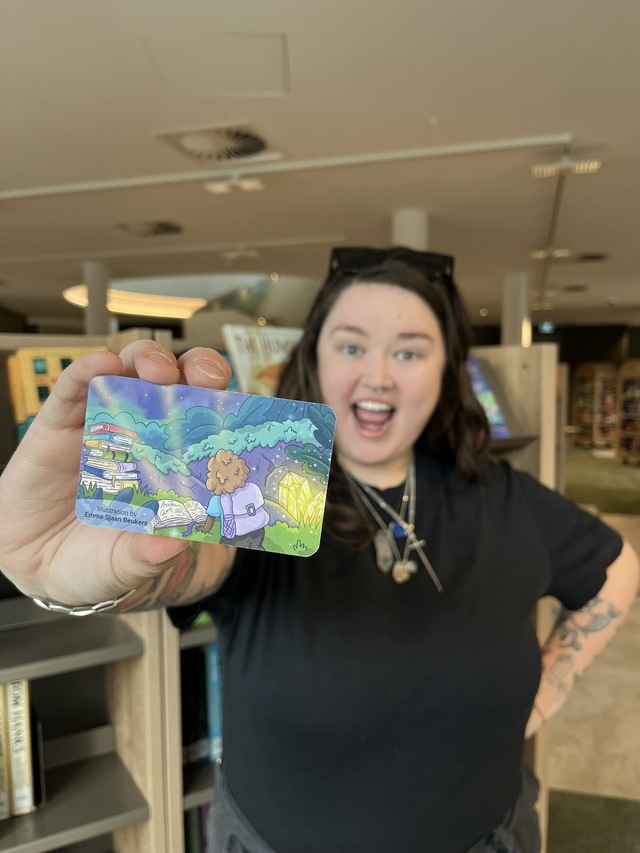RIGHT now somewhere in the City of Whittlesea, there is a woman feeling afraid of her husband, says Reeta Verma. And sadly, she adds, there’s a good chance that woman is Indian.
As a member of the Taskforce Against Domestic Violence in Indian Communities, and an Indian-Australian wife, daughter and mother herself, Verma knows Indian women will tolerate and conceal rather than fight back against domestic violence.
But she’s urging them to take a stand.
“Most women in an abusive relationship will put up with it for the children,” says Verma, a law lecturer at La Trobe University.
“We are telling them, as part of the taskforce, if you can’t see a change coming, then the sooner you get out, the better.”
Many Indians migrate to Australia with their traditional values intact, Verma says. In many cases, women are subject to controlling husbands and mothers-in-law, and a woman is considered to be of less value than a man. And, as in all cultures, violence can be emotional and manipulative, as well as physical.
“Indians will think it’s part of him being a man and she a woman. He calls her names and says hurtful things; they don’t think it’s violence. But whether or not she sees it as violence, it affects the children with anxiety, and it affects her with depression, loss of confidence, fear and worse. It’s not right.”
Verma grew up in a large family and says her parents taught her and her sisters they were as valuable as any man. She moved to Australia in 1986, and lives in Taylors Lakes.
She teaches commercial law and Islamic law at La Trobe University, and through her students has seen the differences in young women from many cultures.
“The girls born and brought up here in Australia will not hide things and they will say if they disagree with things,” she says.
“I don’t know how it translates to real life when they get married – that might be another story.
“But they can get out if it’s bad. They will not stay until they get broken; they’re not worried about shaming the family. I think these are good things.”
She said life could grow harder for Indian families in Australia as migrant women saw their situation with a new perspective.
“The women come here and find out there are women treated nicely in the family situation, and they start to question the way things are for them. Then the domestic violence starts.
“Instead of keeping all these secrets in their hearts and making their hearts heavy, I would strongly urge these women to speak to someone.”
The Women’s Domestic Violence Crisis Service can be contacted at any time on 1800 015 188.

